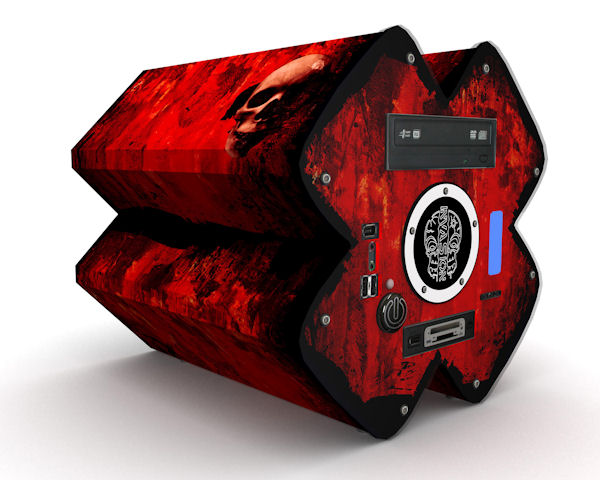Supplier relationships
But surely anyone can read a site like HEXUS, find out what the current, best-performing components are and assemble them into their own Ultimate PC. Apparently it’s a bit more complicated than that if you want to be the best.
‘A key to our success has been our relationships with suppliers, especially vendors,’ says Raja. ‘By staying close to vendors like Intel, we get early awareness of new products, help with logistics and motivational and educational support for our sales-force.’
This is obviously a philosophy we share here at HEXUS, as we also have a professional interest in getting as much access as possible to vendors. Even the matter of NDAs (non-disclosure agreements) has parallel importance to SIs and journalists and is just as emotive a subject for both.
The competitive temptation is to break NDAs and get a head-start over your competitors, but in doing so you risk alienating the creator of the NDA. ‘Not breaking NDAs is important if you want to maintain a certain level of access to information and insight from vendors,’ says Raja.

Although there are a huge number of components that go into making a PC, Raja thinks there are three types that are more important than the rest. ‘CPUs GPUs and software are the key components that make people want to upgrade,’ he says.
Raja went on to explain that you still need strong relationships elsewhere, as there is so much interdependence between components. He gave the example of a new CPU, stressing that before you can offer a system using that CPU, you need to have been able to secure early samples of the mainboards it will run on and find the optimal combination.
‘A big challenge faced by SIs is to make people aware of how much extra work goes into building a system properly,’ says Raja.
This is an important point, as the temptation for smaller SIs, when faced with shrinking margins on hardware sales, is to cut corners on quality control and customer support. Raja thinks this is often a counter-productive measure, however.
‘The long-term cost of customer dissatisfaction can be a lot greater than the saving made from cutting service costs,’ he warns.









